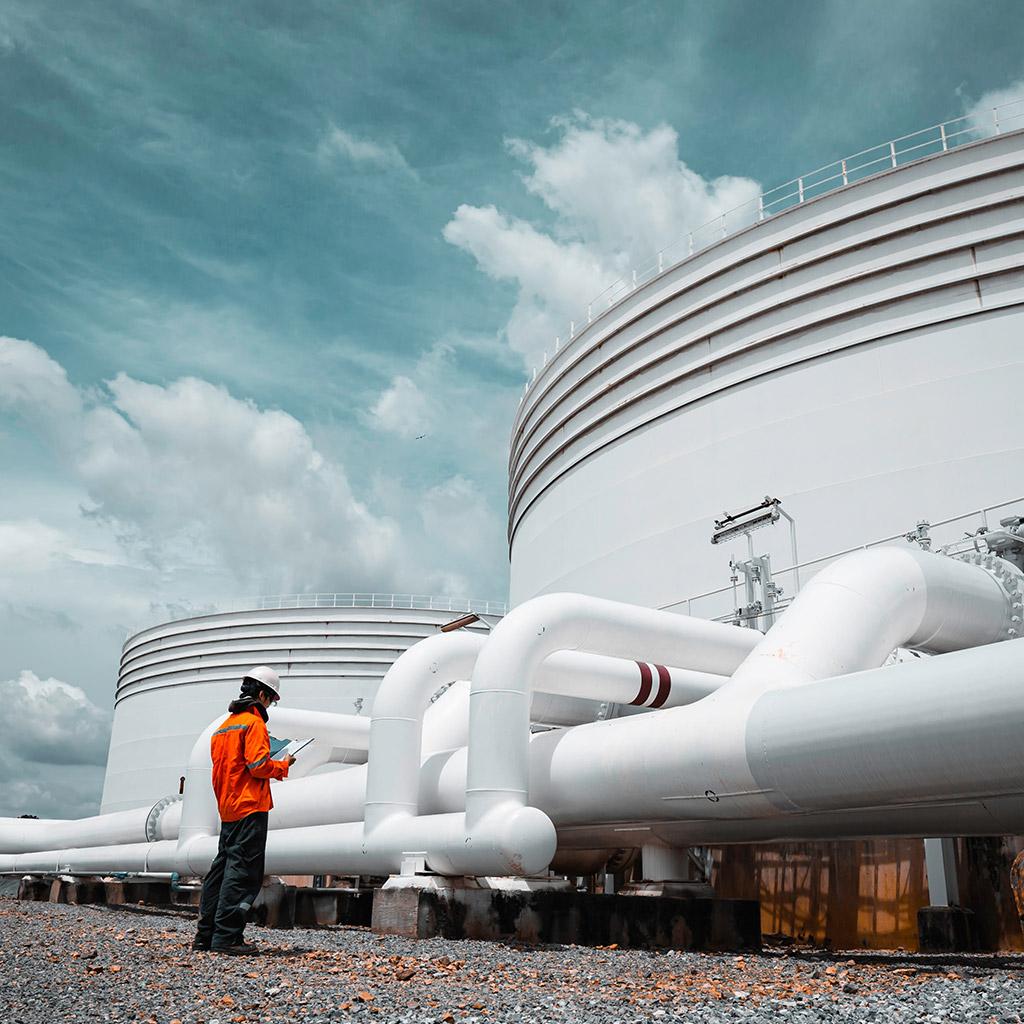The Engineering Advantages of Stainless Steel Tanks

Stainless steel tanks are a preferred choice across various industries. From food and beverage processing to chemical storage, these tanks offer numerous benefits that contribute to their high demand. Below, we explore the key advantages that a stainless steel tank provides, divided into a few key categories.
Durability and Longevity
One of the standout features of stainless steel tanks is their impressive durability. Stainless steel is highly resistant to rust, corrosion, and environmental factors such as extreme temperatures or UV exposure. This corrosion resistance ensures that the tanks can withstand long-term use in even the most demanding conditions, reducing the need for frequent replacements. Additionally, their sturdy construction means they can safely store a variety of substances, including liquids and gases, without the risk of leaks or structural failure.
Hygiene and Cleanliness
Stainless steel has a natural non-porous surface, which inhibits the growth of bacteria, mold, and other contaminants. This makes stainless steel tanks an ideal choice for industries where hygiene is critical, such as food production, pharmaceuticals, and water treatment. The ease of cleaning also ensures compliance with strict sanitary standards, reducing the risk of contamination and fostering operational efficiency.
Environmental Sustainability
With sustainability becoming an essential priority, stainless steel stands out as an environmentally friendly material. Stainless steel tanks are 100% recyclable, meaning they can be repurposed at the end of their life cycle without creating unnecessary waste. Their long lifespan also minimizes the need for frequent manufacturing and disposals, contributing to lower environmental impact. For companies focused on green initiatives, opting for stainless steel tanks can align with broader sustainability goals.
Versatile Applications
Another advantage of stainless steel tanks is their versatility. They are designed to handle a wide range of materials, from water and acidic chemicals to flammable substances. This adaptability makes them suitable for use in industries ranging from agriculture to oil and gas. Tanks can also be customized in terms of size, shape, and design to meet specific business requirements. This ensures that each tank performs efficiently within its intended application.
Cost-Effectiveness
While the initial cost of stainless steel tanks may be higher than alternatives, their long-term benefits lead to cost savings. The reduced need for maintenance, repairs, or replacements means fewer operational disruptions and expenses. Their durability and resistance to wear also increase overall value, making them a wise investment for long-term use.
The engineering advantages of stainless steel tanks are undeniable. Their durability, hygiene, sustainability, and versatility make them an essential asset across numerous industries.



